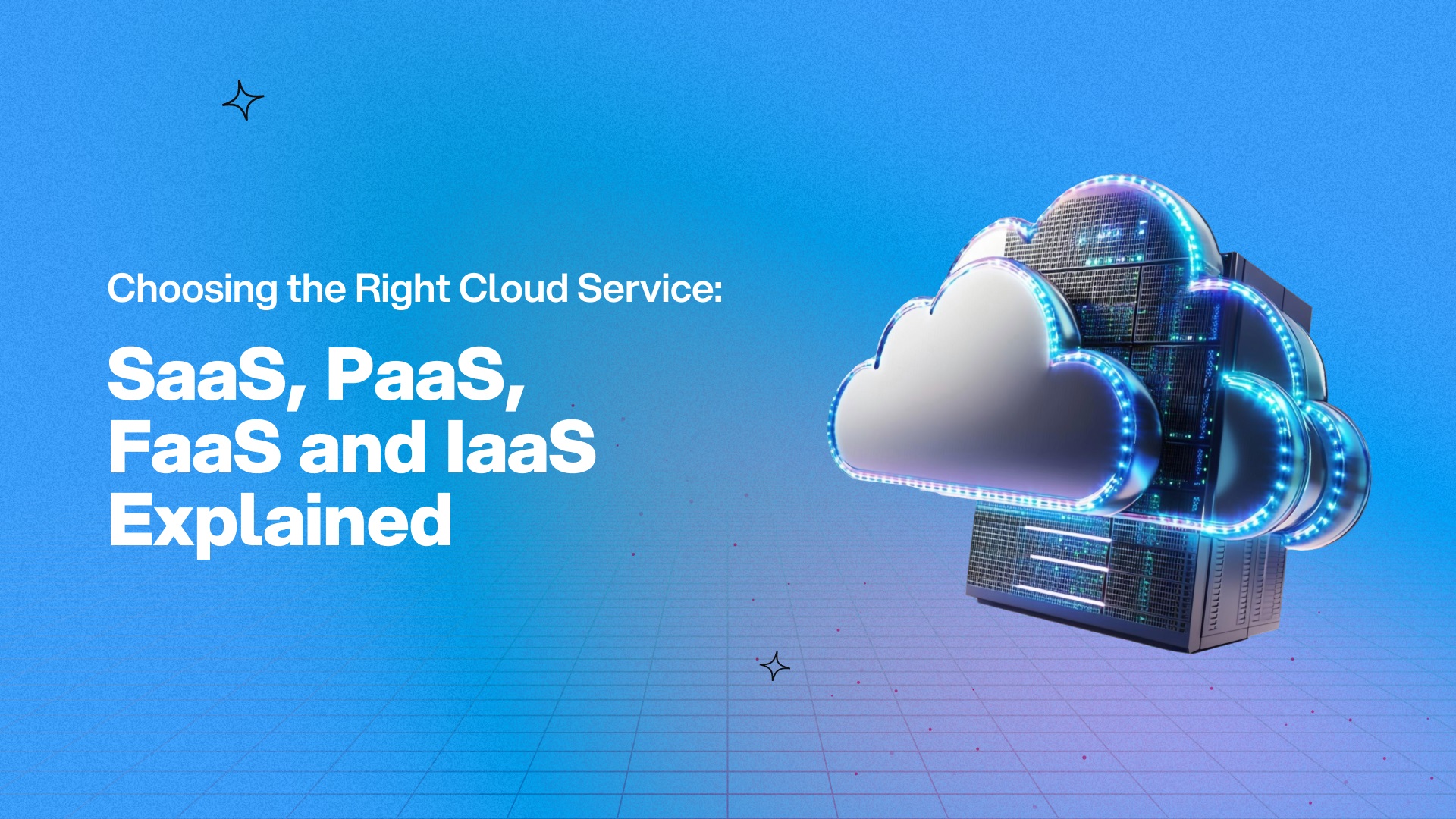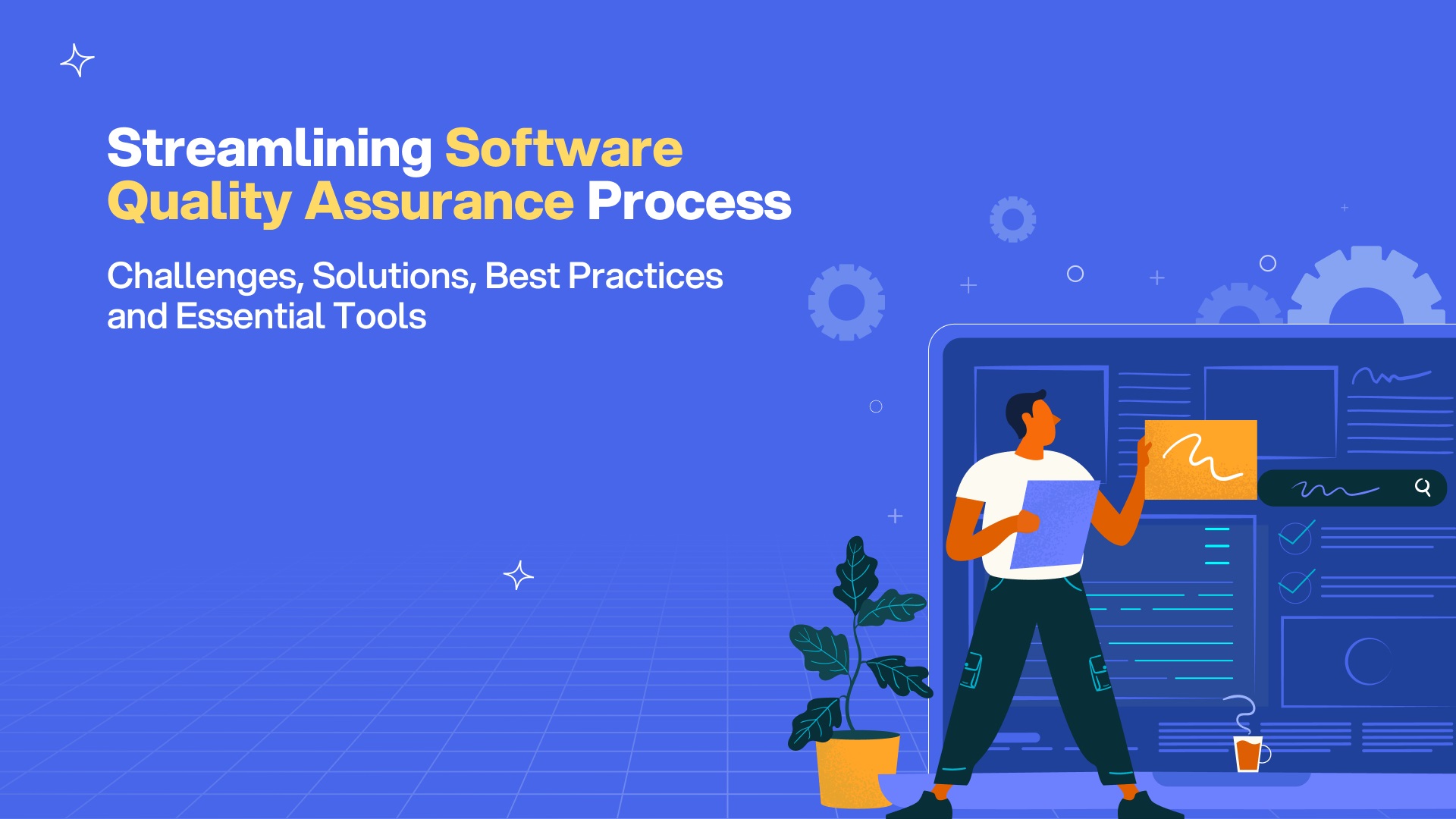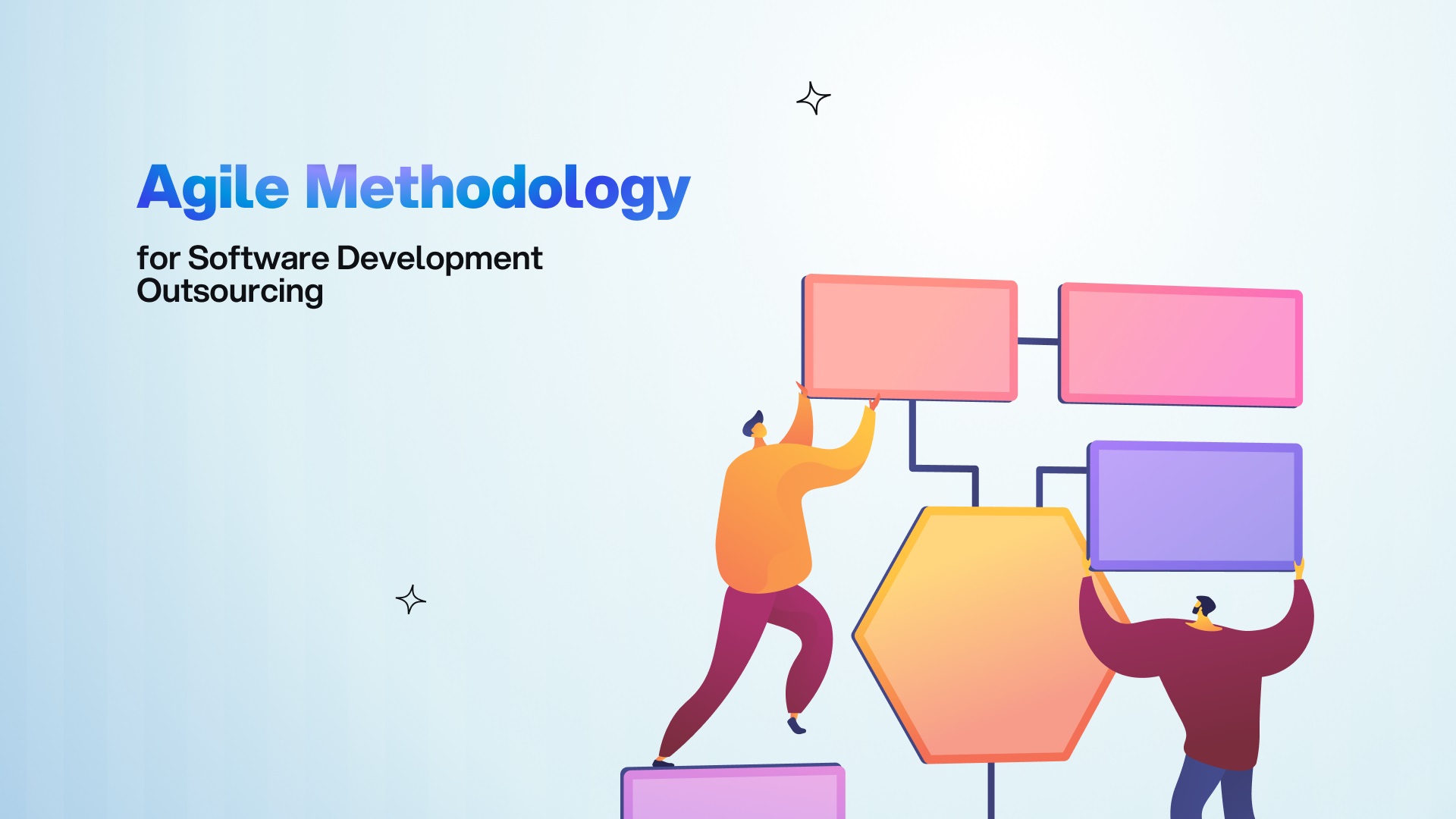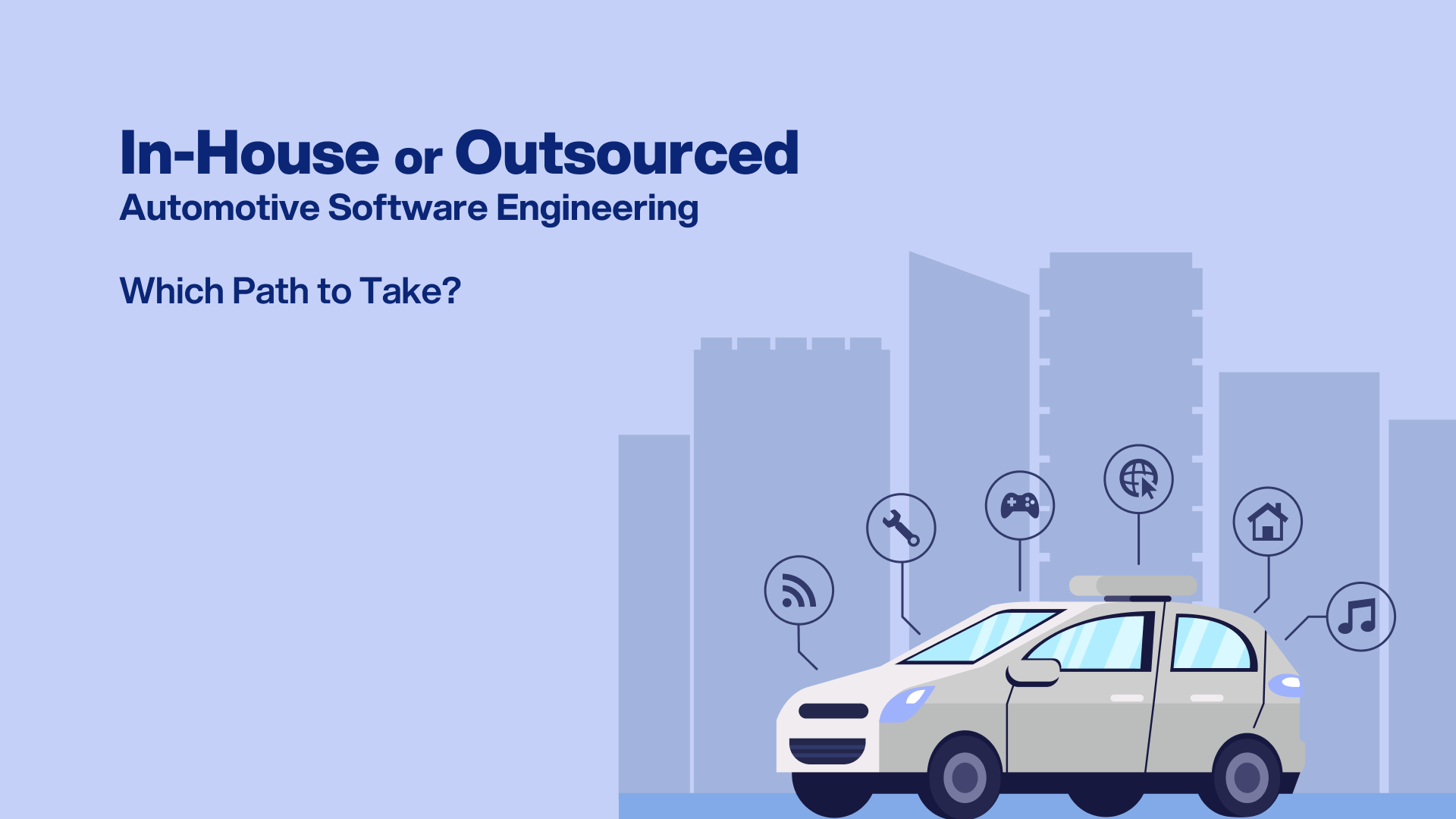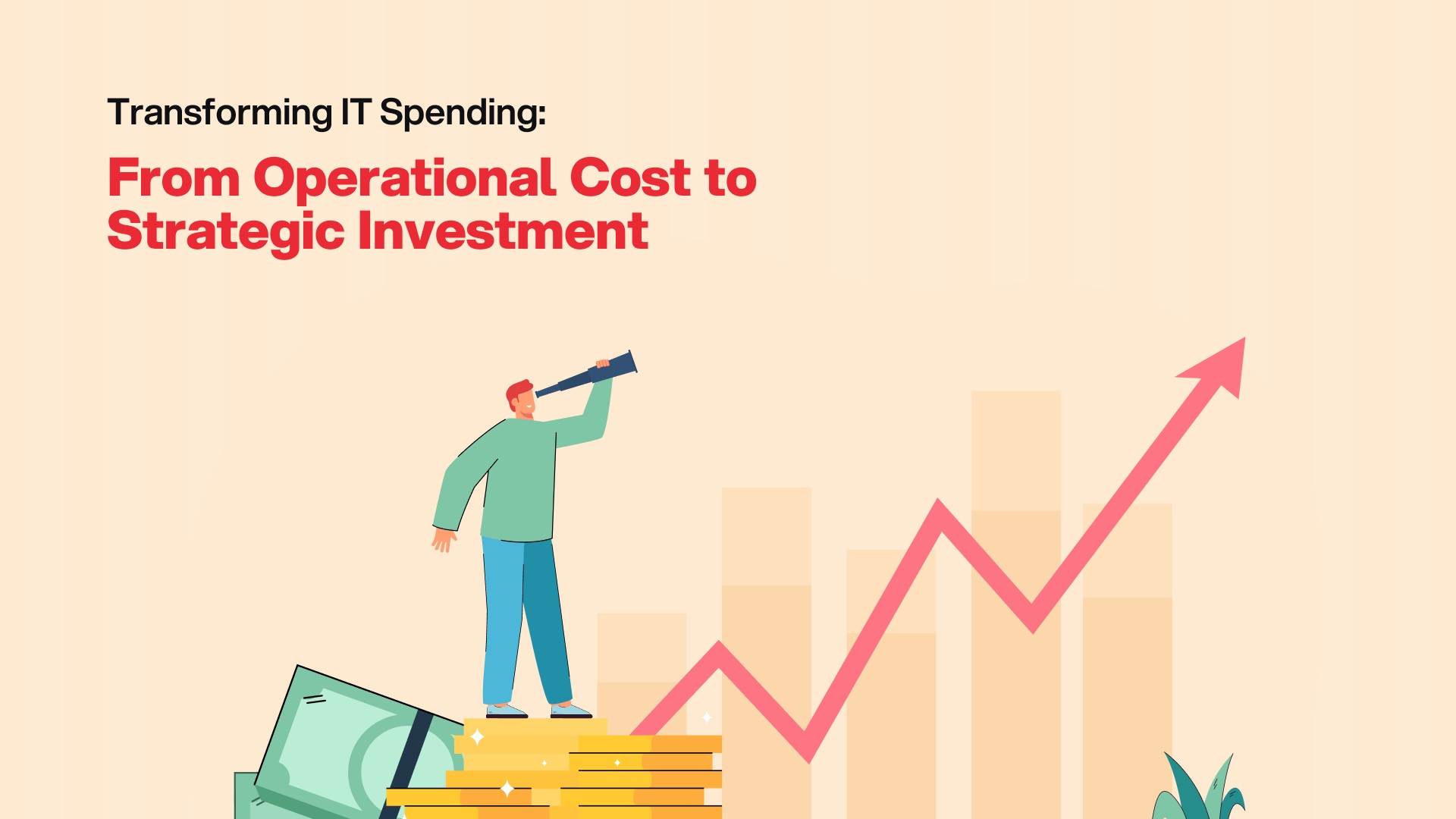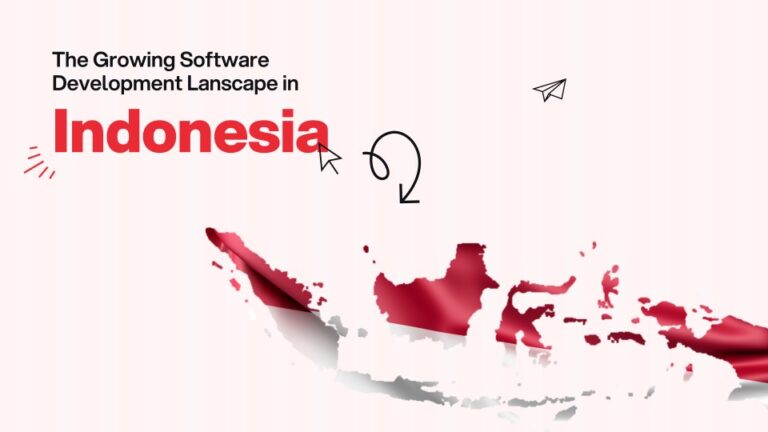
Contents
The IT industry in Indonesia fuels its growth through digital transformation, increasing internet penetration, and strong government support. As Southeast Asia’s largest economy, Indonesia has become a hub for innovation. It focuses mainly on software development, cloud computing, and artificial intelligence adoption. Additionally, the country’s thriving tech ecosystem makes it a major contributor to the global digital economy. Moreover, from multinational corporations to emerging startups, Indonesia’s IT sector continues to evolve to meet the rising demand for innovative solutions across various industries.
Indonesia as an Economy
Services make up a significant part of Indonesia’s economy, contributing over a third of its GDP. Notably the tourism sector. Furthermore, Indonesia is the 10th largest economy by purchasing power parity and has made notable strides in reducing poverty. As a result, the poverty rate in the country has declined to 9.36% by March 2023. Additionally, its development plan focuses on human capital and global competitiveness, with growth projected at 5.1% in 2025. Furthermore, the country has demonstrated leadership during its G20 Presidency in 2022 and ASEAN chairmanship in 2023.1
The Economy of Indonesia at a Glance
| Gross Domestic Product | ||
| Annual GDP | USD 1.4 Trillion (2023) | |
| GDP Per Capita | USD 4,876 (2023) | |
| Income Category | Upper Middle Income (2025) | |
| People | ||
| Population | 285.2 Million (2025) | |
| Literacy Rate | 96% (2020) | |
| EF English Proficiency Index | Low Proficiency (2024) | |
| IT Sector | ||
| IT Services Market Size | USD 6.14 Billion (2025) | |
| IT Outsourcing Market Size | USD 2.24 Billion (2025) | |
| Registered Software Companies | No reliable data found | |
| Business Environment | ||
| Ease of Doing Business | Score: 70/100, Rank: 73/190 (2020) | |
| Political Stability Indicator | Percentile Rank: 29 (2023) | |
| Corruption Perceptions Index | Score: 34/100, Rank: 115/180 (2023) | |
The Software Development and IT Landscape in Indonesia
Indonesia’s software market has grown significantly. This has been driven by a strong preference for cloud-based and mobile-friendly solutions. Key trends include rising adoption of AI, ML, and cybersecurity technologies as businesses seek automation and protection. Supported by a growing middle class, government promotion of the digital economy, and steady economic growth, the market benefits from favorable conditions and increasing demand for innovative software solutions.
In 2025, Indonesia’s software market is projected to generate US$1.3 billion, led by enterprise software with US$0.55 billion. With a CAGR of 7.92% (2025-2029), the market is expected to reach US$1.75 billion by 2029. Driven by demand for cloud solutions supporting remote work and digital transformation, the IT industry in Indonesia contrasts with the U.S., the global leader with US$379.30 billion in 2025.2
The IT industry in Indonesia’s software development market, valued at USD 5 billion, is driven by digitalization, robust IT infrastructure, and supportive policies. Jakarta leads with a strong IT ecosystem and skilled talent, while Surabaya and Bandung are emerging hubs due to regional initiatives and cost advantages. The Personal Data Protection (PDP) law, modeled after the European Union’s GDPR, enforces strict data security standards, shaping software development practices.3
Indonesia’s software development market provides services in custom software development, application modernization, system integration, and software consulting. Custom software development plays a leading role as businesses increasingly require solutions tailored to their specific operational needs. This demand is particularly strong in industries like finance and retail, where specialized system integrations and data management capabilities are crucial.
The IT industry in Indonesia’s software development market is divided into on-premises and cloud-based deployment modes. Cloud-based deployment leads in market share, with businesses across various sectors embracing its cost efficiency, scalability, and improved data accessibility. Government initiatives promoting cloud adoption are driving companies to shift from traditional on-premises solutions to cloud-based models, which offer seamless integration capabilities.
Find Your Perfect Software Outsourcing Partner
Unlock a world of trusted software outsourcing companies and elevate your business operations seamlessly.
Discover CompaniesTop Software Development and IT Employers in Indonesia
The Indonesian software development market is led by a blend of local and international companies, which meet the high demand for custom and integrated solutions. The consolidation in the market highlights the influence of these firms in shaping technological standards and driving innovation. These companies are expanding their service offerings, building strategic partnerships, and increasing their regional presence to maintain a competitive advantage. We have organized a list of prominent IT companies based on the number of employees these companies have in Indonesia.
IT Industry Association in Indonesia
The National Association of Information and Communication Technology Entrepreneurs (abbreviated as APTIKNAS) is a professional organization that evolved from the Indonesian Computer Entrepreneurs Association (APKOMINDO), established in 1991.
APTIKNAS is an organization in Indonesia dedicated to fostering the growth and development of the ICT industry. It serves as a platform for ICT entrepreneurs to connect, collaborate, and advocate for policies that support the sector’s advancement. APTIKNAS aims to empower its members, promote innovation, and contribute to Indonesia’s digital transformation.
Reputed Institutions in Indonesia Known to be the Top Sources of IT Graduates
Here is a list of the top universities in Indonesia based on their research performance in Computer Science. We have sorted the list based on the number of alumni in IT and engineering roles. Please note that the alumni in engineering roles may include other engineering domains other than computer science or software engineering since we have taken the filtered count from their LinkedIn pages.
Conclusion
Indonesia is a dynamic and diverse country with a rapidly growing software development market, driven by increasing digital transformation and cloud adoption. As Southeast Asia’s largest economy, the IT industry in Indonesia continues to thrive, with a rising demand for innovative solutions in enterprise software, data security, and AI technologies. With a strong IT infrastructure, a growing talent pool, and strategic government support, Indonesia is positioning itself as a key player in the global software landscape, fostering both local and international companies in its expanding market.
If you’re looking to outsource in Indonesia and tap into its thriving IT sector, let us help you connect with the best companies through Enosis Outsourcing. Contact us today to learn more and explore the opportunities Indonesia has to offer!
References
[1] Indonesia Overview: Development news, research, data | World Bank ↩

